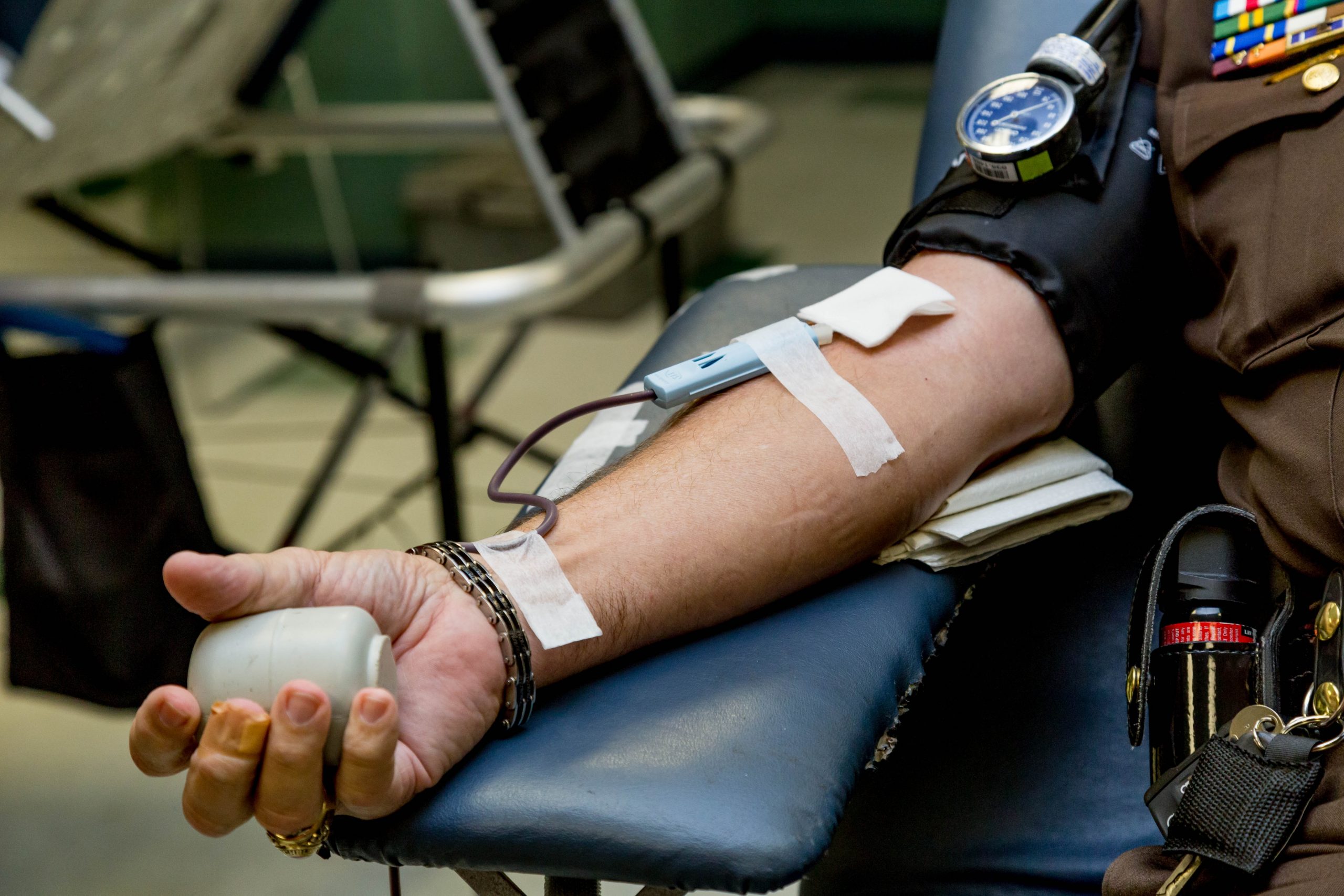Just read a very interesting article in Training Peaks by DR. JEFF SANKOFF on Should Endurance athletes give blood.
Below is the key extract on the effect it has on performance and some great time lines to considered by coaches and athletes alike..
After a typical blood donation, hemoglobin levels do indeed decrease by an average of seven-percent and remain depressed for at least 14 days after donation, when they have recovered by about half—to a four-percent decrease from pre-donation levels. Hematocrit, or the measure of what percentage of blood volume is made up of red blood cells, also decreases for the first few days after a donation. Hematocrit decreases by five-percent 48 hours after donation but has recovered by two weeks after the donation. This suggests that new cells have been synthesized in that two-week period but that those cells contain less hemoglobin than more mature cells.
Along with the decrease in hemoglobin, an associated decrease in oxygen-carrying capacity and delivery to the tissues is also seen, accounting for a measurable decrease in VO2 max (about seven-percent) in the 24-48 hours after donation. Interestingly, this decrease completely disappears by day three, suggesting that blood volume has re-expanded by that point, and that increases in heart rate may likely compensate for the decreased hemoglobin to restore oxygen delivery to normal.
Along with the decrease in VO2 max, measured maximal exercise capacity as well as time to exhaustion when performing at threshold also decrease by about 10 percent and then recover by one week. Submaximal efforts have never been effectively been studied so no clear conclusions can be made about efforts in that range after blood donation.
Taken together, these findings suggest that blood donation is indeed associated by a measurable decrease in exercise performance, principally at the highest levels of exertion. This effect is maximal for the first two days after a donation and has disappeared by fourteen days after donation.
This information may help in guiding endurance athletes’ decisions if they are considering the selfless and ultimate altruistic act of donating blood. Blood donation is compatible with endurance training—athletes need only incorporate such donation into their schedule so that they do not have high-intensity training for several days to a week afterward. They certainly should not do so within two weeks of a race.
The satisfaction gained from the knowledge of having helped others should be more than sufficient motivation to arrange one’s schedule in order to make blood donation possible.
Train hard, train healthy, and donate blood!
Read the full article here https://www.trainingpeaks.com/blog/should-endurance-athletes-donate-blood/